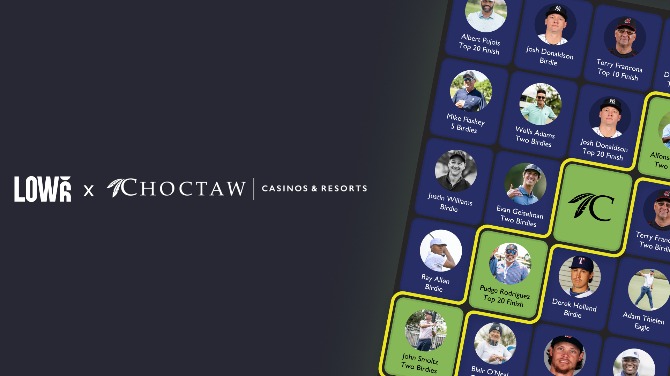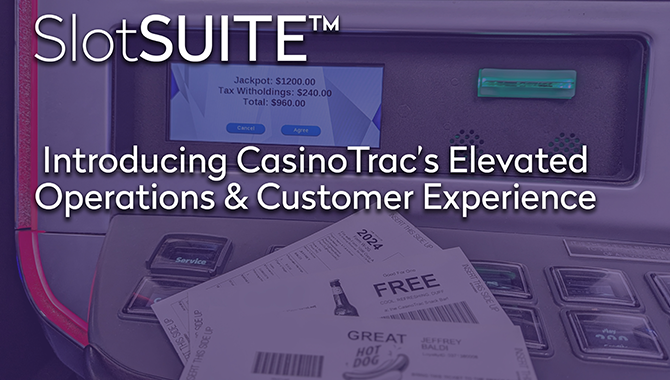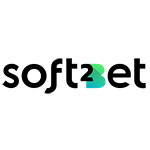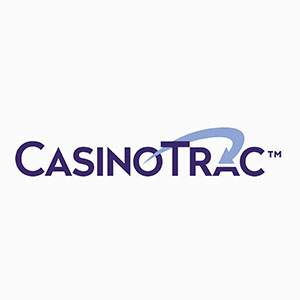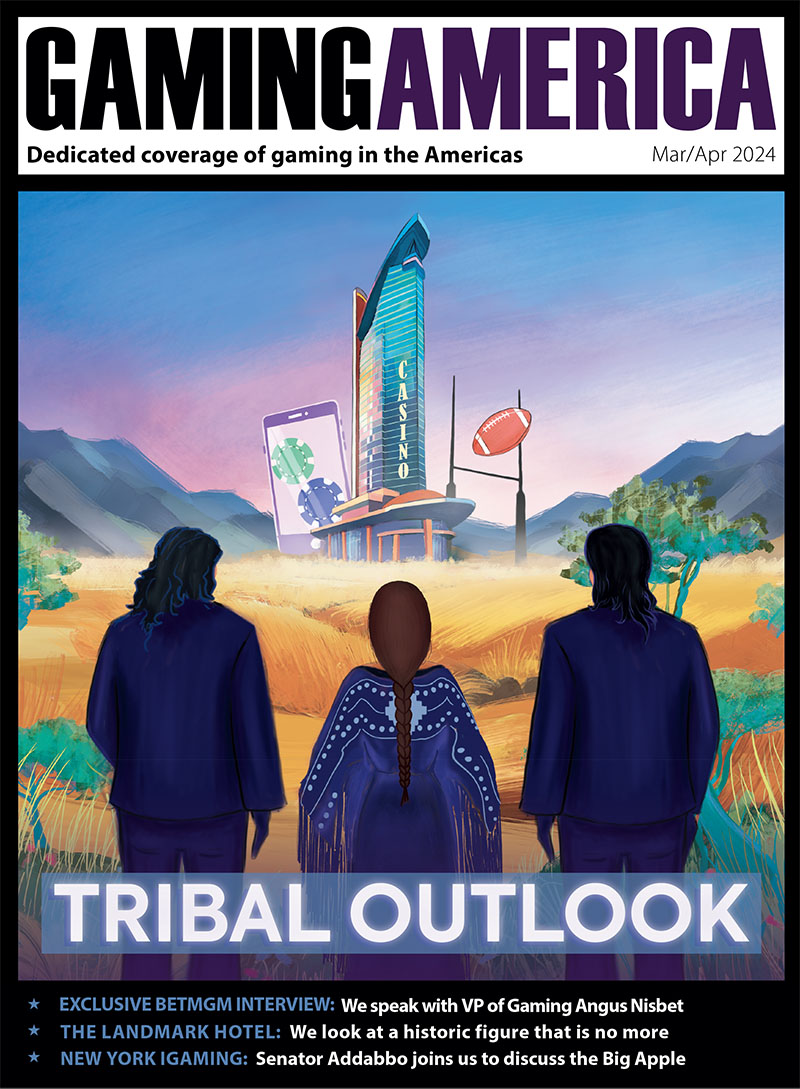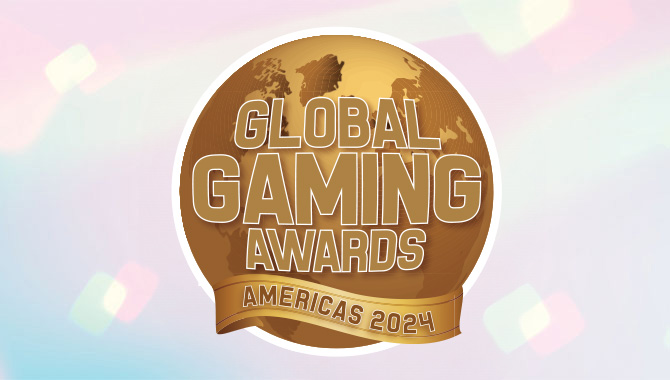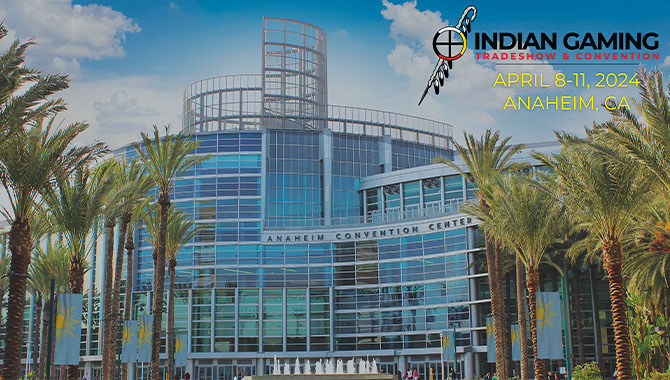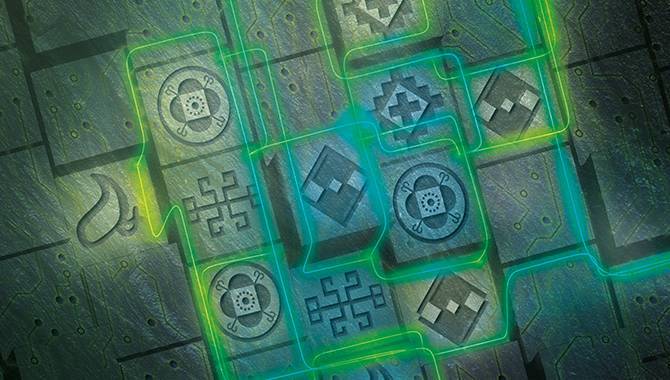
All it takes is a cursory glance around the United States to realize the vast diversity of enterprise at play in tribal gaming. Casinos remain the economic lifeline for hundreds of Native American tribes, but each has its own unique relationship with gaming. The Covid-19 pandemic displayed how far tribes were willing to test that relationship, as demonstrated through the story of Navajo Nation, a Southwestern tribe with the largest land mass in North America.
The pandemic also showcased tribal ingenuity in ways not seen before. Mashantucket Pequot and Mohegan worked together to create an historic tribal-state compact that will bring sports betting and igaming to Connecticut later this year. Leaders from both tribes share what that deal means for the future of their respective communities. An equally historic agreement was reached by the Seminole Tribe and the state of Florida this spring.
The return of NIGA, the reopening of tribal casinos and the recent momentum of tribal-state compacts gives Indian Country much to look forward to, but it’s also important to reflect on the impact on the pandemic. Brian Parrish, Interim CEO of Navajo Nation Gaming Enterprise, often finds himself in a reflective mindset these days. He recalls how last spring, he met with Navajo Nation leaders to discuss the emerging Covid-19 virus; he expected the disease to shut down the tribe’s four casinos for a couple weeks, perhaps a month. The veteran gaming executive had dealt with crisis management before, including the 2008-09 financial crisis, and figured this storm would blow over like the previous ones did.
Then a week turned into a month, which turned into two months, and so on. The casinos that Parrish is responsible for stood empty through the summer, fall and winter of 2020. Two properties finally reopened this March, almost one year to the day when Parrish had the initial Covid meeting with tribal leaders. The other two casinos are still waiting for permission to open their doors.
“We’ve had zero revenue coming in for over a year,” he says. “We still have to have service and payroll and things like that. So what it’s done is it forced us to make some very challenging decisions on where to put the cash reserves that we do have to preserve the enterprise and to keep our work force intact.”
Early on in the pandemic, Navajo leaders decided to close access of tribal land to only people living on tribal land. That meant the tribe’s two reopened casinos, both in northern New Mexico, could only serve customers who already live in Navajo country. Matters are complicated by the fact that clientele varies heavily per casino. The northern New Mexico casinos cater primarily to Navajo residents, while Twin Arrows outside Flagstaff, Arizona, relies on non-tribal members for around 70% of its business. Parrish hopes Twin Arrows can open in the coming months, but it will depend on when the tribe relaxes its Covid restrictions.
“The Nation is now in the process of reviewing that law and trying to decide when it’s right to open the roadways and rescind that restriction on travel,” Parrish says. “That’s being discussed by leadership. Those actions have not been formally taken to lift that restriction but it is being contemplated right now. Once that’s done, then we can open our other two casinos and we can invite folks who are not residents of the Navajo Nation to come in and visit our properties.”
Navajo has implemented some of the strictest and longest lasting pandemic measures of any gaming tribe, which, Parrish says, is a testament to the emphasis tribal leaders have put on protecting their own community. As the most populous tribe in the continent, the risks of some members contracting Covid and spreading it throughout Navajo’s 110 chapters were too high, even if it meant keeping casinos closed for an elongated time.
“Many people don’t realize the Navajo Nation is 27,000square miles,” Parrish says. “It’s about the size of West Virginia. The tribe is the largest federally recognized Native American nation in North America with over 401,000 members. So the big concern that all of us have shared is that if we opened our casinos too soon and then you have people who are not residents traveling on to the reservation, interacting with our staff, and we don’t have good protocols in place, then what could happen is our team members contract the virus and when they go home on weekends to their home communities and chapters, they just carry the virus right back with them all over the Navajo Nation.”
There is a bright side, however. Almost all Navajo casino employees have been fully vaccinated, which should accelerate the process of reopening casinos to full capacity.
And in Arizona, the state government just signed a revised compact that allows for Las Vegas-style casino gaming at tribal casinos, and legalizes retail and mobile sports betting. Navajo also expects to receive one of 10 offered sports betting licenses, which Parrish says will help keep Arizona customers in-state. “We believe Navajo has a tremendous amount to offer as a gaming partner within the state of Arizona and also New Mexico,” he says. “We’re one of the only tribes that has trust land in multiple states. We’re a good partner, we’ve had our gaming operations for 12 years, but we have great people and excellent service, and being able to have another amenity that we can use to compete against Laughlin and Las Vegas is very important for us.”
Some 2,500 miles across the country, a different story has developed at Foxwoods Casino. The Mashantucket Pequot Tribal Nation had the property up and running by June 2020, with strict Covid measures in place. By mid-May, the Connecticut casino was able to lift all Covid restrictions. Because Foxwoods had slowly been opening the property for nearly a year, consumer confidence was well established by the time the casino returned to full capacity on May 21.
“We didn’t see this incredible glut of new business,” says Mashantucket Pequot chairman Rodney Butler. “It’s been building over the last year and a half because of the safety precautions we had in place.”
As Mashantucket Pequot was reopening Foxwoods, it was also engaged in renewed tribal-state compact conversations with Connecticut Governor Ned Lamont. The talks led to a tribal gaming expansion bill signed in May that brings sports betting and online casino gaming to Foxwoods and Mohegan Sun. Butler pushed for igaming expansion in Connecticut as early as a decade ago.
The “bad memories” of unsuccessfully negotiating before have not faded, Butler admits. Nevertheless, the tribe was more than prepared for the inevitable arrival of sports betting, going so far as to sign a pre-emptive contract with DraftKings. The Boston-based sportsbook and daily fantasy sports provider won out in part because of its geographical proximity to Foxwoods.
“Because of that brand’s strength and recognition in the market and now tending across the country, they have an existing database, similar to us and we compared those together and leveraged that in,” Butler says. “Being based in New England, a lot of DraftKings’ executive team grew up playing at Foxwoods when they were in college in Boston, so there’s some nostalgia there that they have. They understand and appreciate the Foxwoods brand, and who we are as a people. And so that’s where we really connected on the relationship level beyond just the business perspective. They respect the brand of Foxwoods and we’re looking forward to this many years of success with that partnership.”
Plus, there’s a general sense of a better understanding of Indian country because of the appointment of Deb Haaland to be Secretary of the Interior, and her relationship with Indian country being Native herself. “From that perspective, they’re looking at it differently,” Butler adds. “With the last administration, we didn’t have any issues with our prior compact amendment that was highly publicized up until the very end when there was some political movement by the White House that made it difficult. A lot of it goes to the credit of the staff of the Interior being career staff. They’re phenomenal.”
It was important for Mashantucket Pequot and Mohegan to launch sports betting as soon as possible too given the growing regional competition. Though the tribes have exclusivity over gaming in Connecticut, their casinos aren't easy to reach for many Connecticut customers. With the emergence of online gaming and sports betting, that’s not as big a concern.
“Foxwoods and Mohegan, we have a duopoly,” Butler says.“It’s a great market, but as you’ve seen with competition in New York, Rhode Island and Massachusetts, there are facilities that are closer to the population base of Connecticut than Foxwoods and Mohegan. And so we’ve seen an impact on our statewide revenue. So the fact that we’re both located in the southeastern corner of the state, by going online opens up access to the rest of the state that normally, if you’re in the western part of the state, it can take you two to three hours to get to Foxwoods. Now you can simply go online at any point and enjoy your favorite game, and eventually come visit us when you have more
time to do so.”
Mohegan enters the sports betting and igaming space with plenty of experience from operating Resorts Casino Hotel in Atlantic City and Mohegan Sun Pocono. After years serving the most competitive sports betting and online gaming markets in the country, Mohegan will have more of an open playing field in its home state. Still, the lessons learned from operating in New Jersey and Pennsylvania should translate well to Connecticut, according to Ray Pineault, president and CEO of Mohegan Gaming & Entertainment.
“Having been a part of the digital gaming growth for the past several years in other jurisdictions, we have gained significant understanding of what our guests want and are looking for when it comes to sports wagering and igaming opportunities,” Pineault says.“We plan to use the experience we have gained from those jurisdictions to bring a world-class sports wagering and digital gaming experience to our guests in Connecticut and anywhere else we may expand to in the future.”
He adds: “Digital gaming has been something we have been working on for quite some time since the Supreme Court PASPA decision. Although there have been many starts and stops in getting legislation approved in Connecticut, we felt the momentum really shift with the government-to-government talks that resumed earlier this year. And although we are not prepared to announce a definitive timeline when these products will be available to our guests, we are confident that when we’re able to do so we will provide our guests with an unmatched experience.”
Mohegan Sun reopened under a similar timeline as Foxwoods and also used the pandemic to grow its national gaming presence. In addition, the tribe recently undertook a hotel tower expansion at Ilani Casino Resort in Washington State. More significantly, the tribe entered the Las Vegas market with the opening of Mohegan Sun Casino at Virgin Hotels located off the Strip. Pineault calls the opening a huge milestone for all of Indian Country in becoming the first-ever Native American casino in Las Vegas.
“Of course, opening during a pandemic and business restrictions does not come without challenges,” says Pineault. “We had an extremely successful opening where we were able to introduce thousands of guests to our newest venture. We are very confident that the Las Vegas business will continue to grow and flourish as the city continues to recover from the pandemic, and convention and expo business builds and returns to the city.”
Mohegan is one of two East Coast tribes to recently expand gaming operations to the West, the other being the Seminole Tribe of Florida, which opened a property in Sacramento in late 2019. Jim Allen, CEO of Seminole Gaming and chairman of Hard Rock International, recently told CNN that Hard Rock and Casino Sacramento is topping projections of where they thought it would be after eight years.
“When we look at the regional gaming markets here in the United States, business is actually exceeding expectations,” Allen said.
The Seminoles recently doubled down in their home state of Florida by agreeing to a revamped compact with the state, which will allow retail and mobile sports wagering beginning October 15. The compact also permits the tribe to offer craps and roulette at their seven Florida casinos and to open as many as three south Florida casinos on tribal land. Florida Governor Ron De Santis signed accompanying legislation that gives the Seminoles gaming exclusivity for the next 30 years. In exchange, the tribe will pay the state $2.5bn over the next five years and hundreds of millions more over the duration of the deal.
The compact, which is still undergoing DOI review, would be a big boost for Seminole casinos. Just as significantly, it would move the tribe to the forefront of mobile sports betting.
“If I take my hat off in my role in Hard Rock and Seminole gaming, and I look at it as an industry executive, I think clearly one has to focus on the digital side of the business when you look five, 10 years and beyond,” Allen said.
The Seminoles’ agreement with the state of Florida is historic in more ways than one. Each tribal-state gaming expansion deal broadens the horizon for other tribes around the country, giving tribes confidence to demand more from their state government, according to Butler.
“It gave us the opportunity to speak to our Governor and say, ‘Look, it’s happening in other states. It’s happening in other tribes,’” says Butler. “It’s positive and it gives us all a little bit more leverage and encouragement as we’re negotiating with the states that tribes reside in.”

